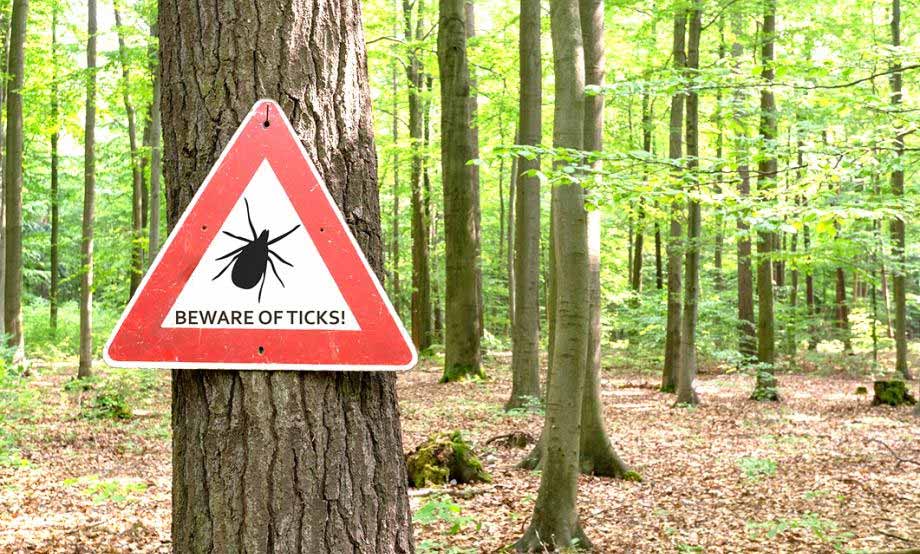Alberta isn’t yet a hot spot for ticks, but they are here in our province. This month, we want to take a moment to help identify the best ways to avoid tick bites, what to do if you get bit and when to seek emergency care.
First, it’s important to know that most tick bites are painless and most ticks do not carry diseases or cause serious health problems. But it is important to avoid and check for ticks and to remove a tick as soon as you find it. But some ticks transmit bacteria that cause illnesses, including Lyme disease and Rocky Mountain spotted fever.
How to avoid a tick bite:
- Avoid tick areas. Ticks like to live in fallen leaves, tall grasses, woodpiles and wooded areas. The best way to avoid ticks is to avoid these types of areas.
- Cover up. When you are in wooded or grassy areas, wear a hat, long-sleeved shirts, and long pants.
If you do get bit by a tick:
- Remove the tick promptly and carefully. Use tweezers to grasp the tick as close to your skin as possible. Do not grab the tick around its belly. Do not squeeze or twist the tick. Gently pull out the tick using a slow and steady upward motion.
- Wash up. Use warm water and soap, rubbing alcohol, or an iodine scrub to wash your hands and the site of the bite.
- Test the tick. If you find a tick on your pet, yourself, someone else, or anywhere outside, Alberta Health asks you to submit it for testing as part of a tick surveillance program. You can learn more about this program on their website.
When to contact your doctor:
If you have a rash, headache, joint pain, fever, or flu-like symptoms, this could mean you have an illness related to a tick bite. If you have any of these symptoms, or symptoms of a skin infection, call your doctor. You should also contact your doctor if you are unable to remove the tick completely.
Checking for ticks and tick removal are handy bits of first aid information that anyone who hikes, works outside or goes camping should know about. In our next blog, we will go into more details for other helpful first aid tips for the summer months.

